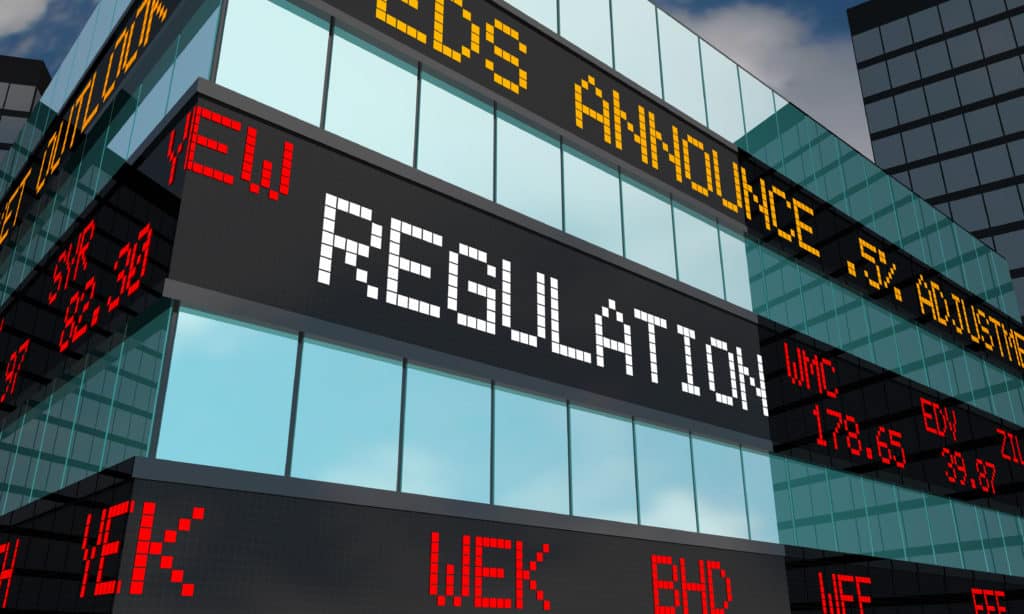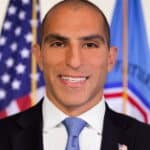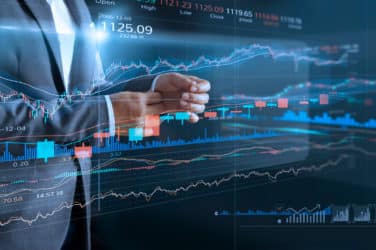

The Securities and Exchange Commission will consider amendments to US equity market structure on 18 September and the Commodity Futures Trading Commission will vote on the listing of voluntary carbon credit derivatives on 20 September.
In December 2022 the SEC released four proposals to reform US equity market structure and only one has been adopted. In March this year the SEC adopted final rule amendments for mandated disclosures under Rule 605 of Regulation NMS for order executions in national market system stocks. On 18 September the SEC will consider whether to amend the minimum pricing increments for the quoting of certain NMS stocks and reduce the access fee caps.
Sapna Patel, head of Americas market structure and liquidity strategy at Morgan Stanley, described the combination of the four equity market structure proposals as the biggest change to US equities markets since 2005 when Regulation NMS was adopted.
We kicked off our #FMQ Conference with a conversation on market structure. @timmassad asked the panelists about the @SECGov's four major market structure proposals involving best execution, order competition, a change to minimum tick sizes and disclosure order execution. pic.twitter.com/06Y92MNHmP
— GU Psaros Center for Financial Markets and Policy (@GUFinPolicy) September 17, 2024
Patel spoke on a panel on market structure at the Georgetown Psaros Center for Financial Markets and Policy’s annual Financial Markets Quality (FMQ) Conference in Washington D.C on 17 September. She argued that the biggest test of the equities infrastructure was during the pandemic, when retail and institutional investors were able to continue trading, so market structure works well.
“We are not saying do not touch market structure, but I don’t think we need to fundamentally throw it out and start from scratch,” Patel added.
Chuck Mack, head of strategy and market structure at Nasdaq, agreed on the panel that equities markets are working well, despite being fragmented and complicated, and the SEC needs to be more cautious in making changes. However, Nasdaq is a proponent of tick size changes as they will make markets more efficient. The SEC has proposed the current standard of a one cent minimum tick for all stocks that are priced at one dollar or more should be reduced.
“When tick sizes went from fractions to pennies, efficiency just exploded,” Mack said. “That by itself, in our view, would be a significant step forward and allow us to observe the impact.”
Patel said: “We have got the meeting regarding the second of the four equity market structure proposals. We are hearing that best execution is teed up after that and possibly, order competition after that.”
She argued that in the current market structure retail investors get better prices than they see on screen because retail flow is executed by the wholesalers under payment for order flow arrangements. Patel also argued that the SEC’s proposal for mandatory auctions will hold up retail orders for a certain amount of time, between 100 to 300 milliseconds, while other orders are being continuously traded, which will allow traders to game the system.
“It’s hard to have mandatory auctions in a continuous trading environment,” Patel added.
Mack highlighted that a pause of even 300 milliseconds is a very long time when trades are automated and occur every microsecond. In addition, retail investors often trade in less well-known and less liquid names, which would not be suitable for auctions.
“institutional investors do not have access to that retail liquidity but mandatory auctions are not the answer,” he added. “They add complexity and we are not convinced that exchanges would benefit because they are so prescriptive.”
CFTC vote
The Commodity Futures Trading Commission is holding an open meeting on 20 September which will consider its final guidance regarding the listing of voluntary carbon credit derivative contracts.
Voluntary carbon markets allow carbon emitters to buy credits that are awarded to projects that remove or reduce atmospheric carbon. The credits allow the buyers to offset their own carbons emissions. These differ from “compliance” carbon markets, where a government or regulator issues a carbon allowance that participants cannot exceed unless they can purchase allowances from another participant under a cap-and-trade program.
.@CFTCbehnam joined @sonalibasak at #FMQ to discuss election betting, carbon market, crypto, and more. When it comes to crypto, he and his agency are “always on our backfoot” reacting to fraud and misconduct, he said. “I want to protect markets. I want to be on my front foot.” pic.twitter.com/YnKfQJxLwH
— GU Psaros Center for Financial Markets and Policy (@GUFinPolicy) September 17, 2024
Rostin Behnam, chair of the CFTC, was interviewed at the Financial Markets Quality Conference on 17 September and said voluntary carbon credit markets have been a priority for his term, due to the “once in a generation” energy transition that is occurring. He said that there are listed futures on carbon credit markets but the CFTC has a vested interest in the health of underlying markets which provide reference rates for derivatives contracts, in this case, the carbon offset markets.
“These underlying markets are largely unregulated,” he added. “ There has been a lot of discussion and concern about the credibility and the integrity of these carbon markets.”
As a result, the agency has proposed a set of principles and standards through working very closely with the private sector in what he described as a classic public-private partnership.
“We want to add value,” he said. “We ultimately want to see markets be the vector for investment and for the ability to transition our climate sources over time.”
On crypto, Benham said many tokens, Bitcoin and ether are commodity tokens under current law, but the CFTC does not have authority over crypto cash markets.
“We have bitcoin and ether derivatives contracts and we do regulate those heavily but the underlying market is unregulated,” he added. “I have made this argument to Congress, unfortunately for several years now, about this gap in regulation.”
Benham said the US should think about a broader regulatory regime for digital assets to provide tools to the market regulators to survey markets in a more traditional way.
“Eventually, I think we’ll get there,” he said. “I’m vice chair of IOSCO, which is an international organization of regulators, and most jurisdictions have gone to this place.”








